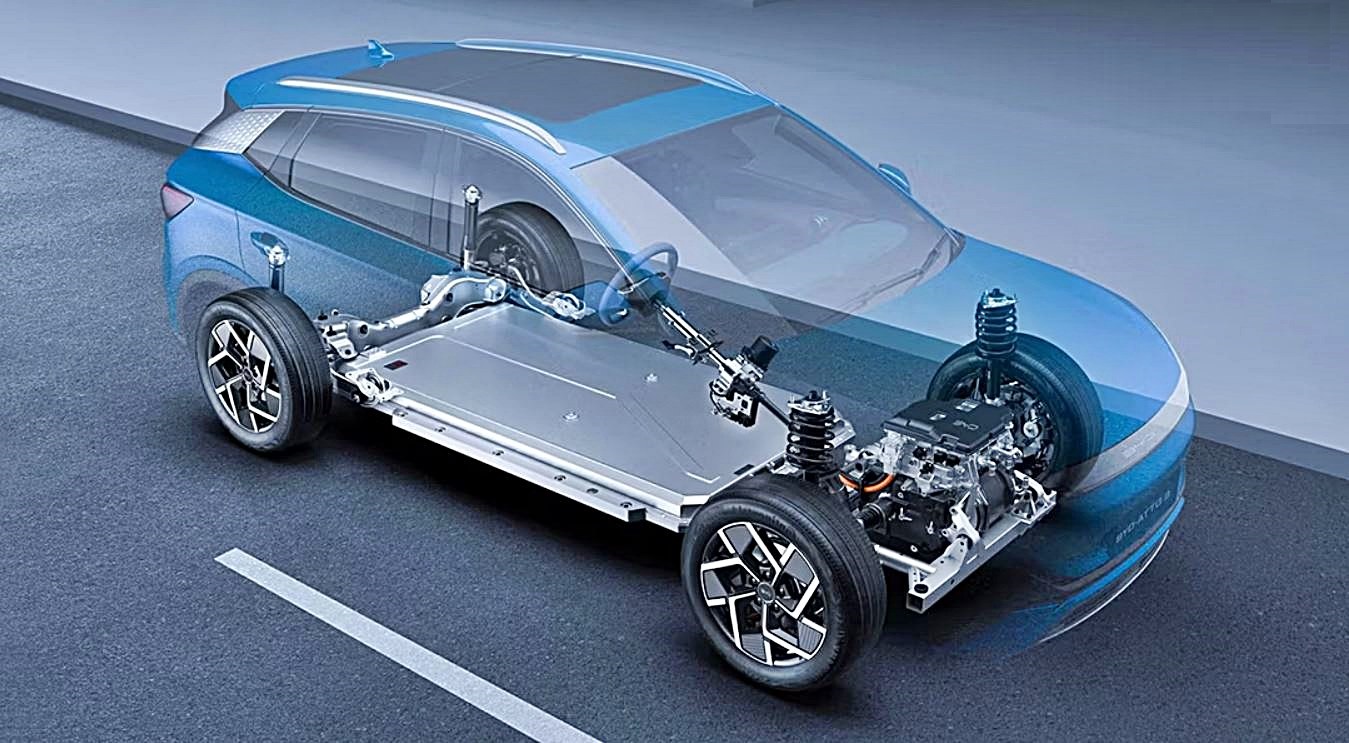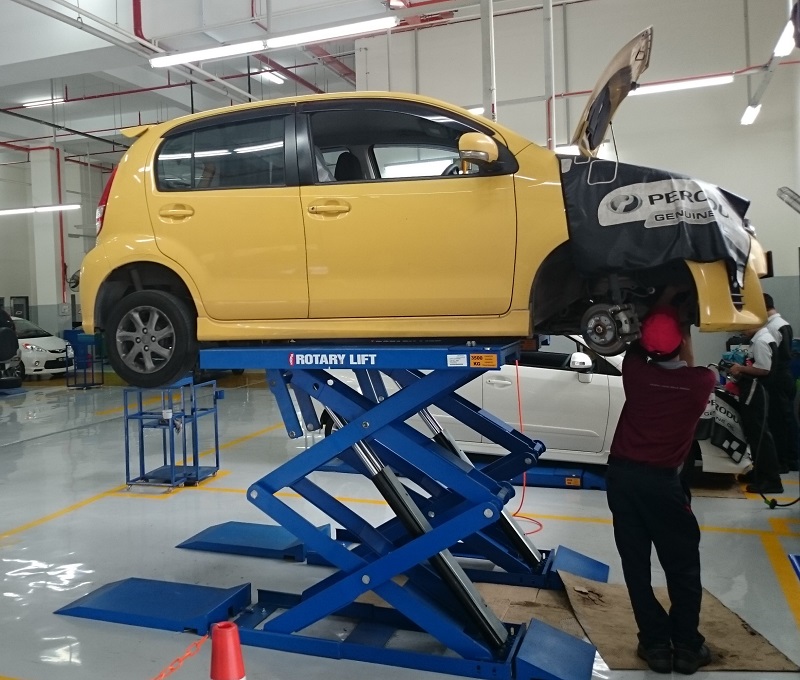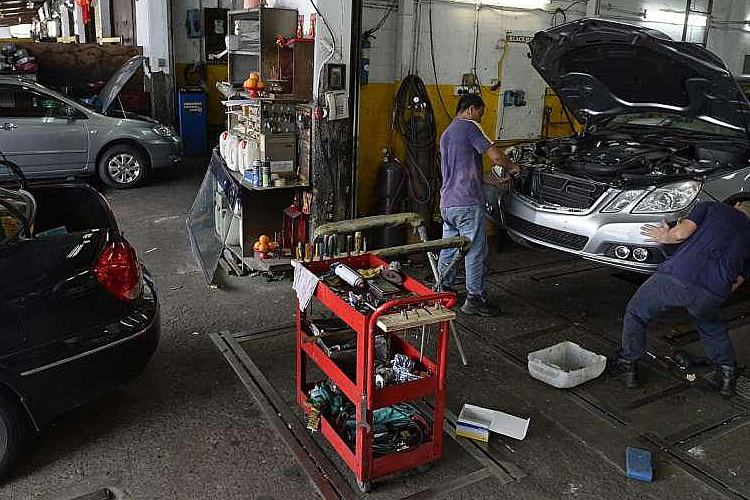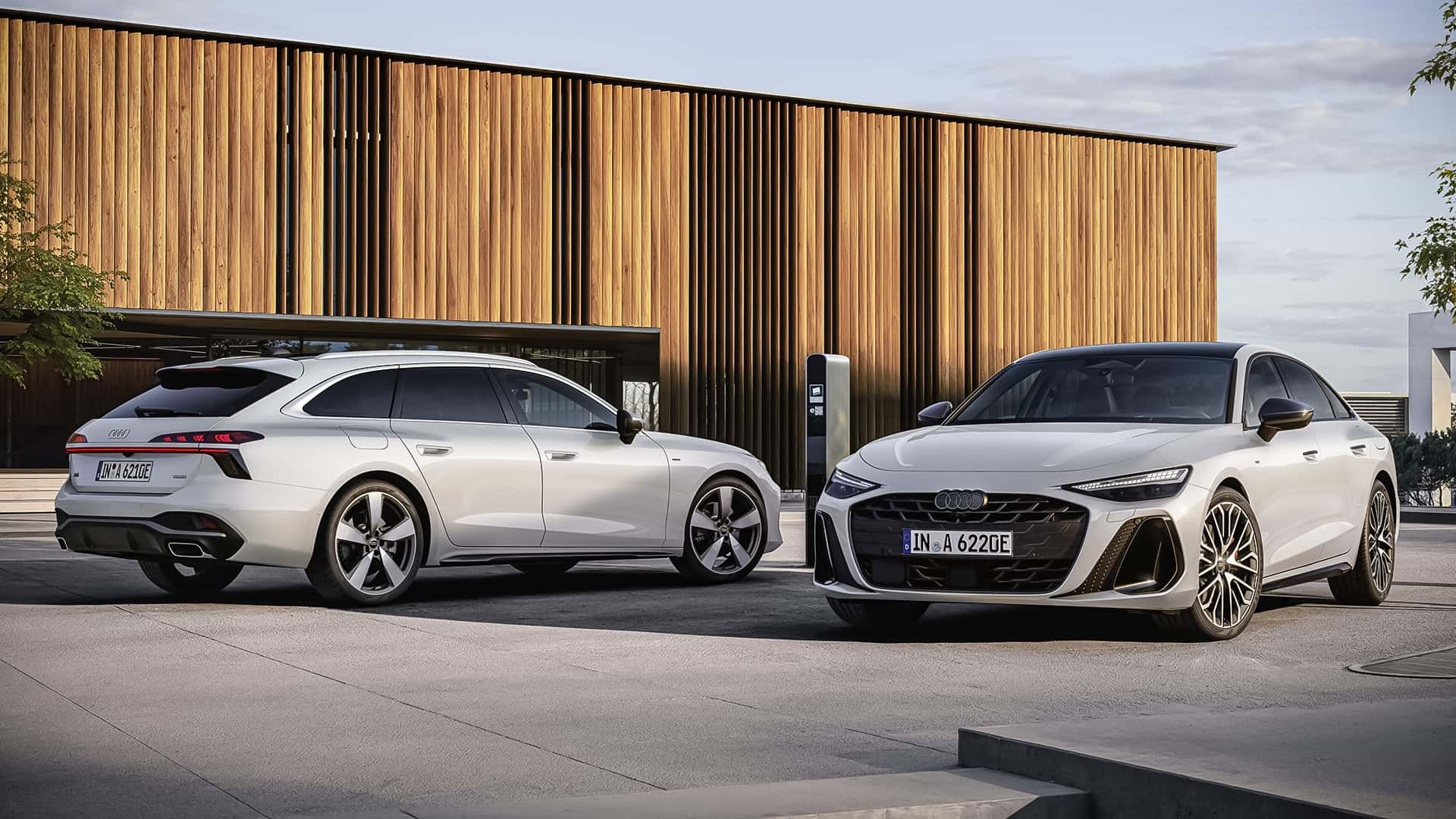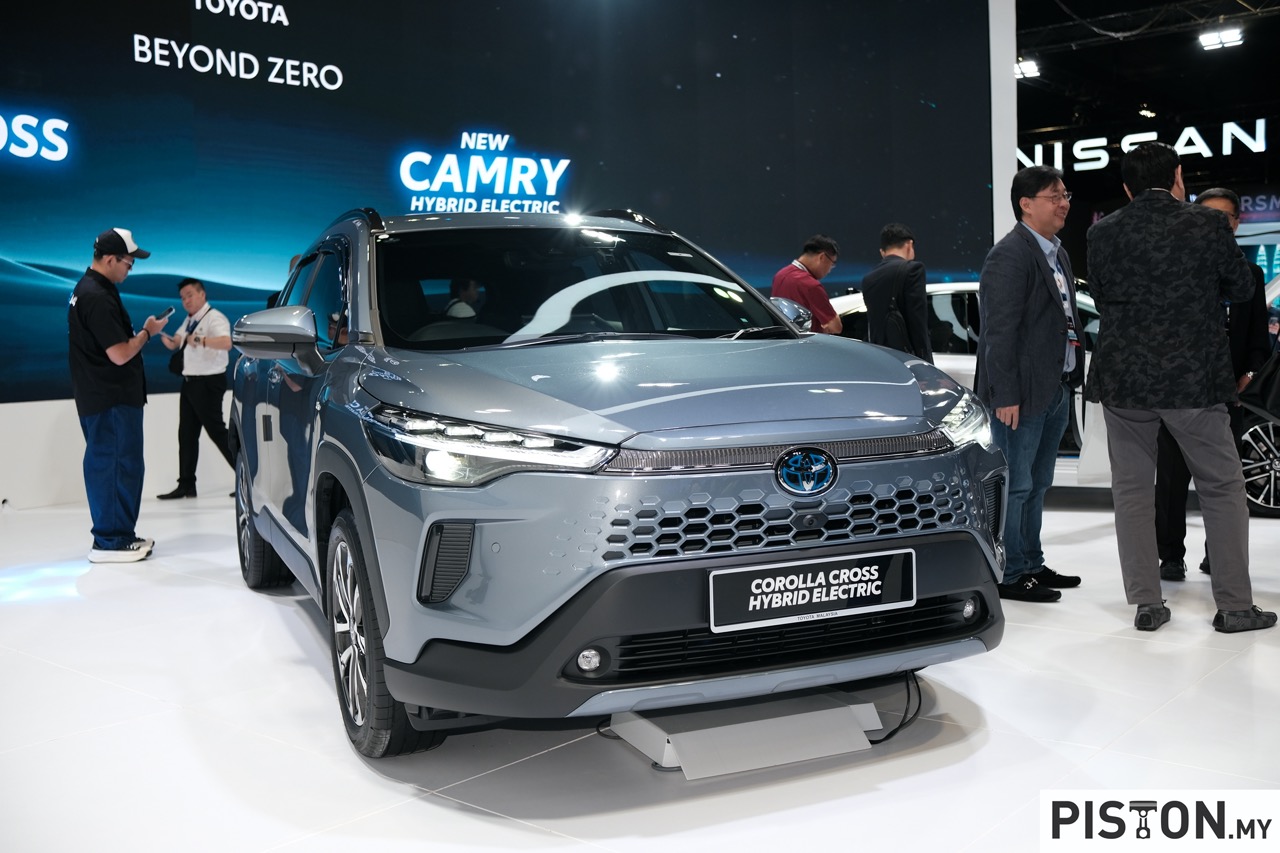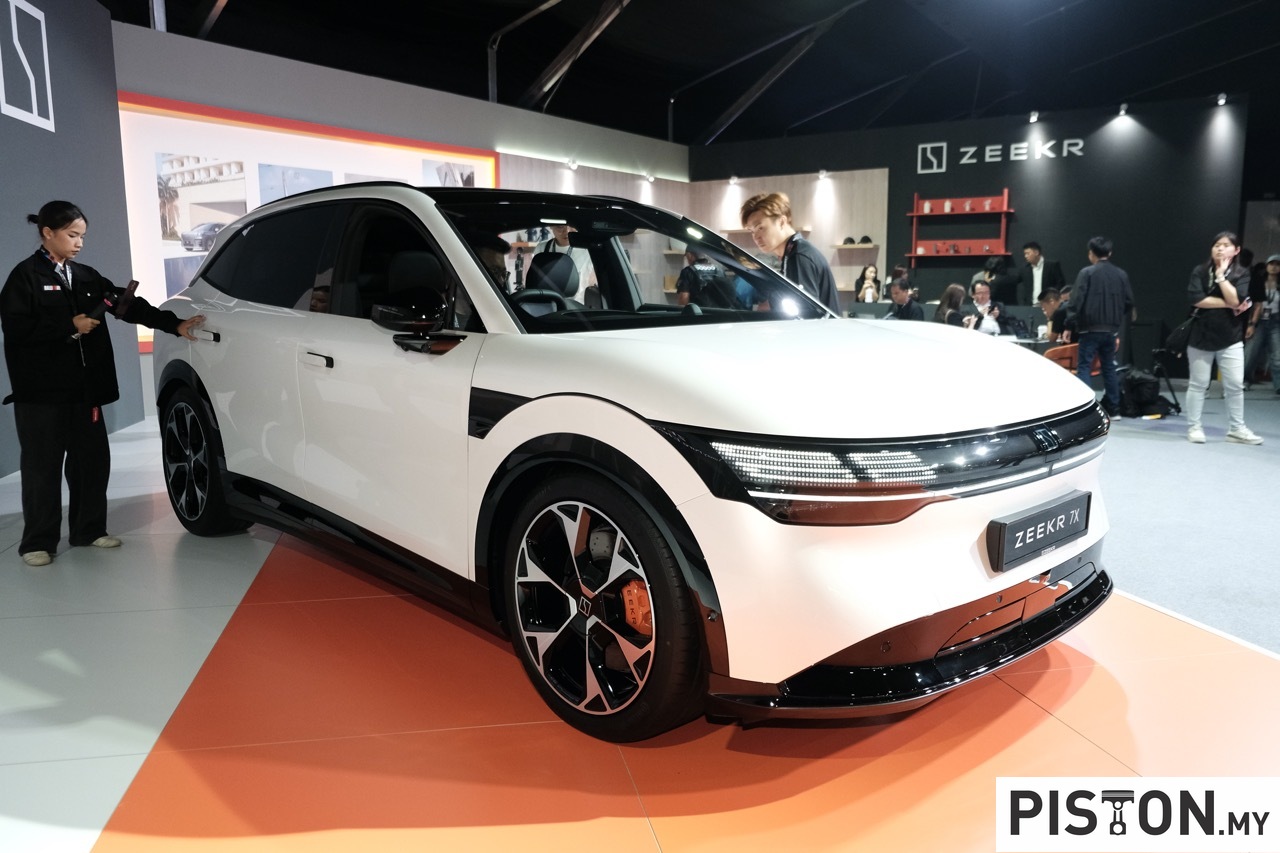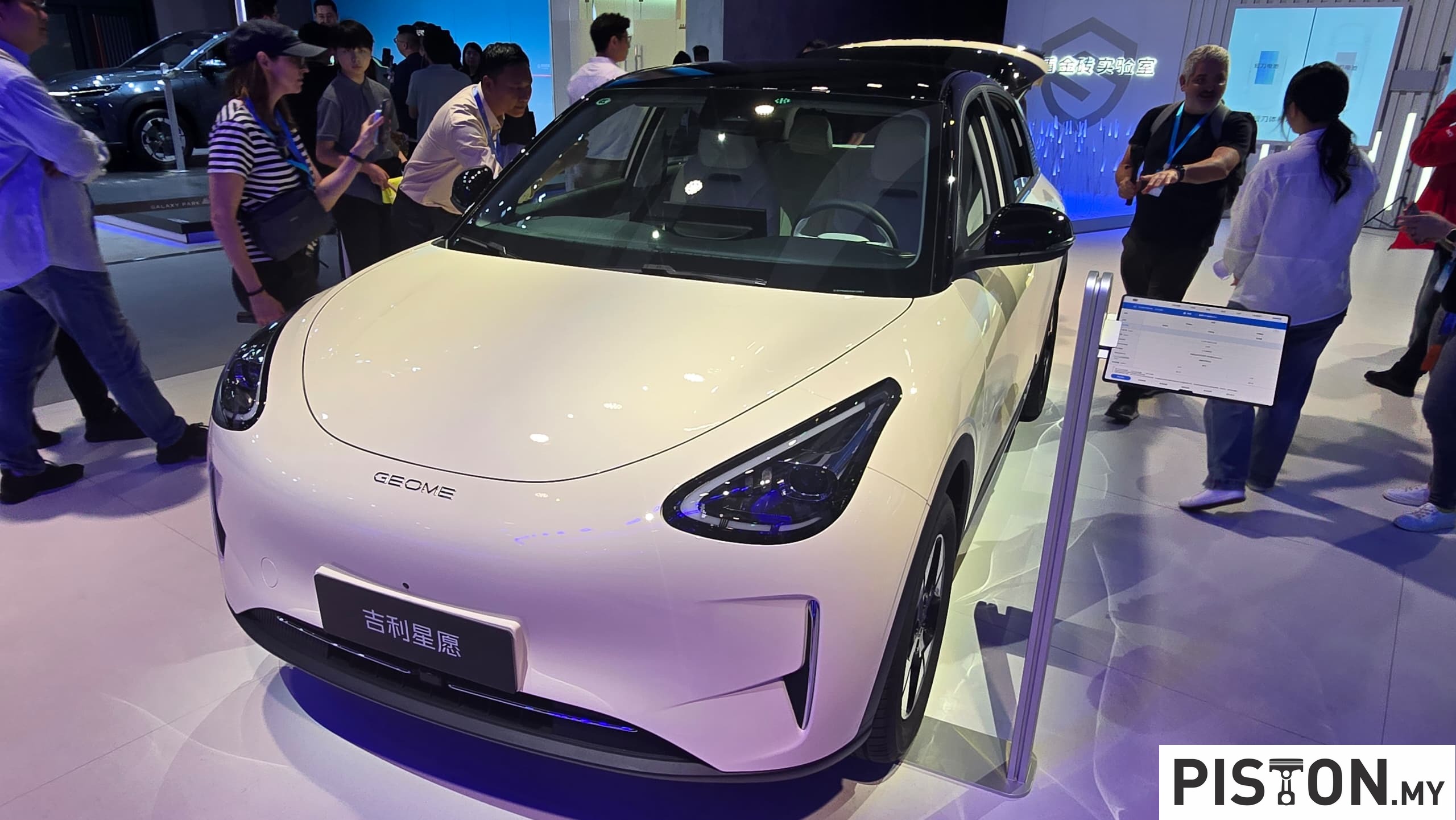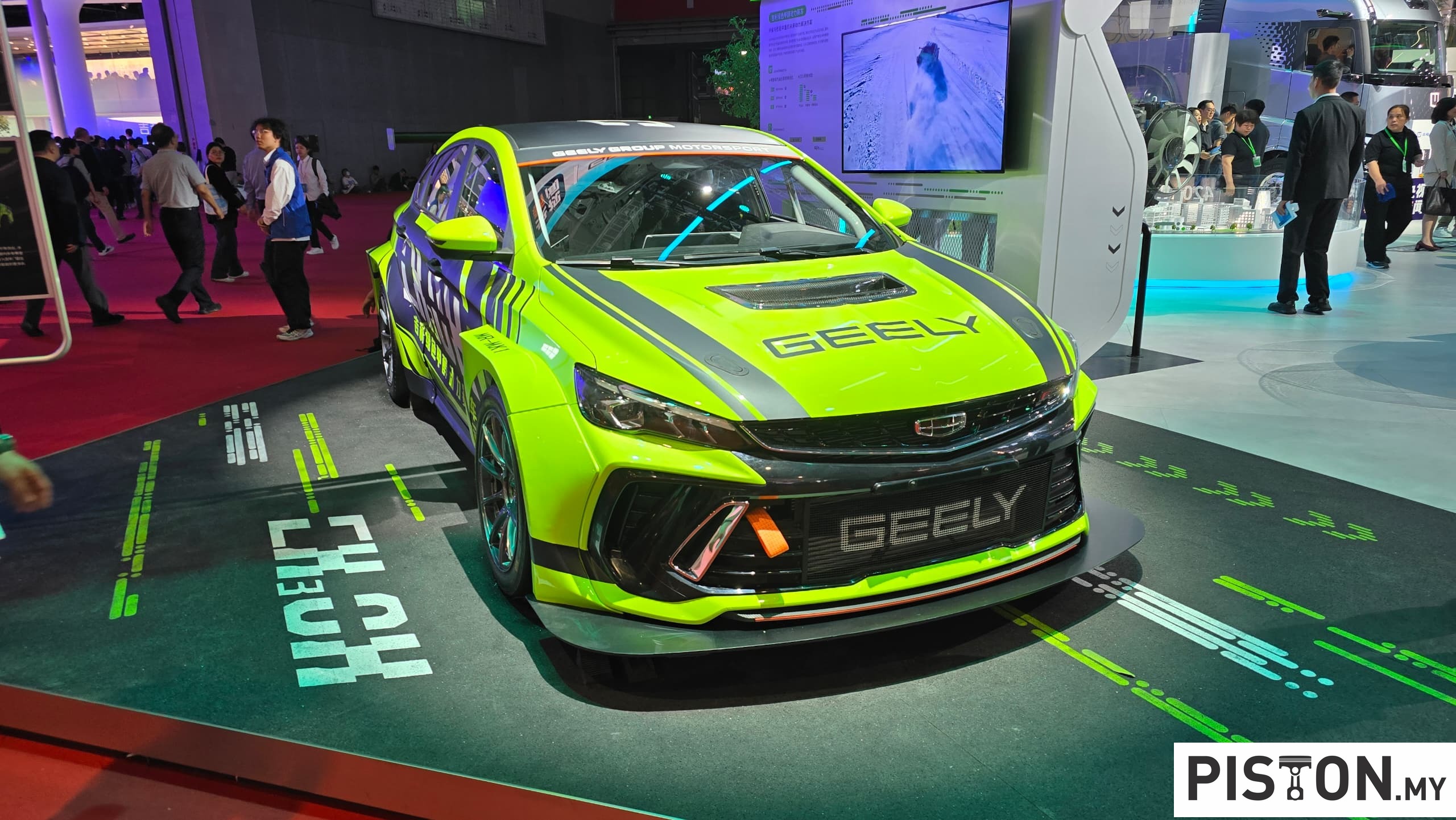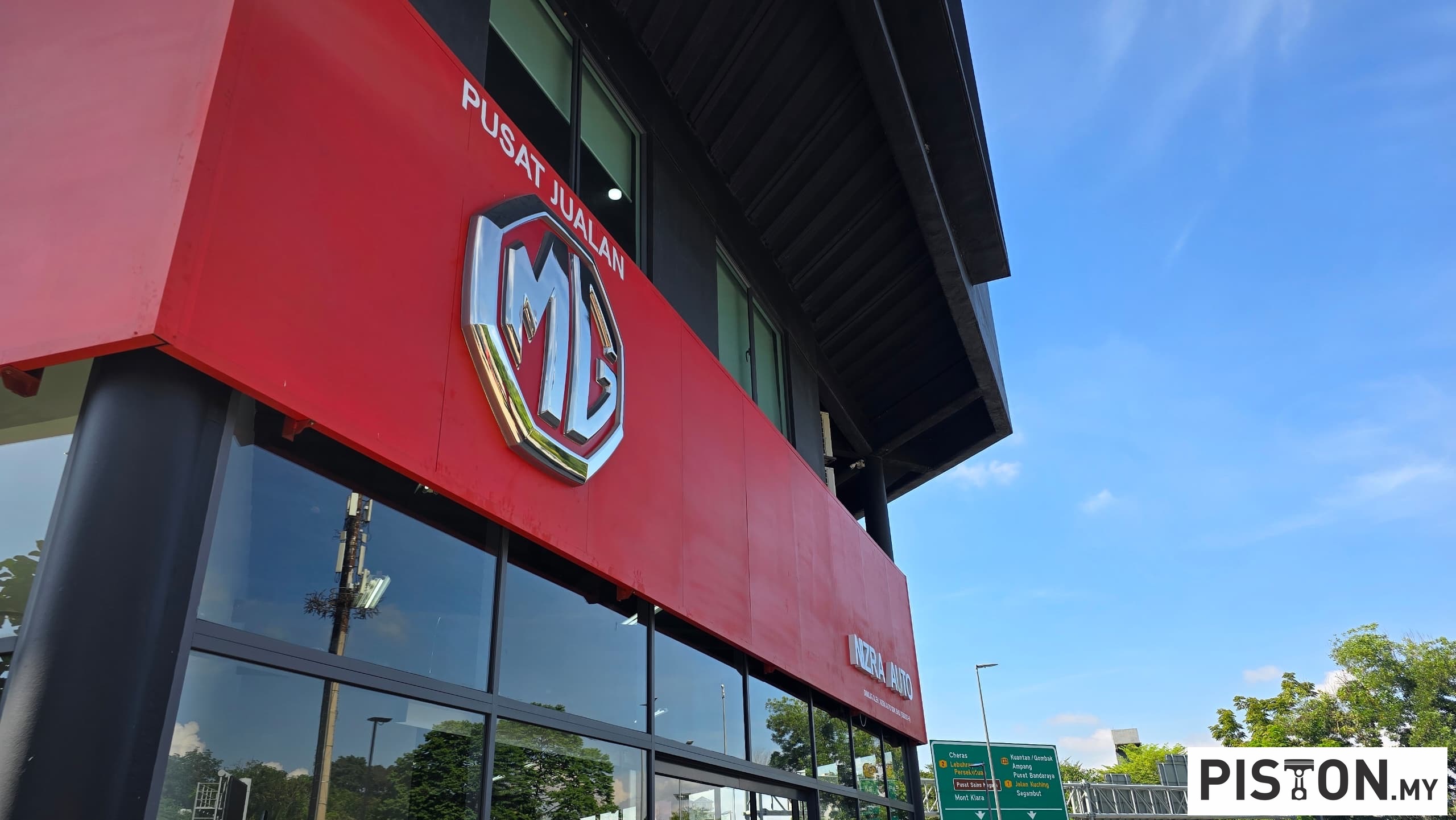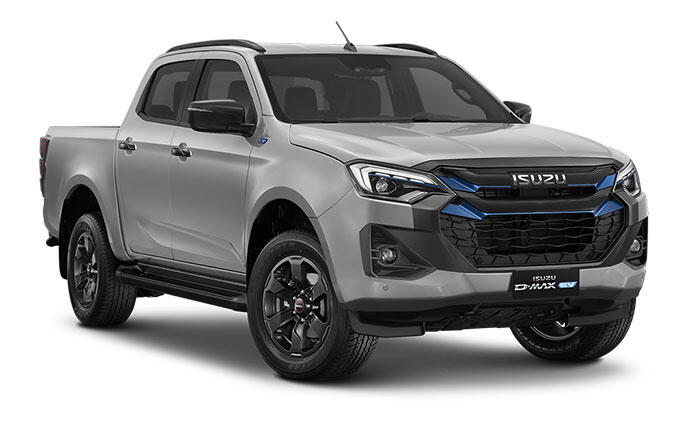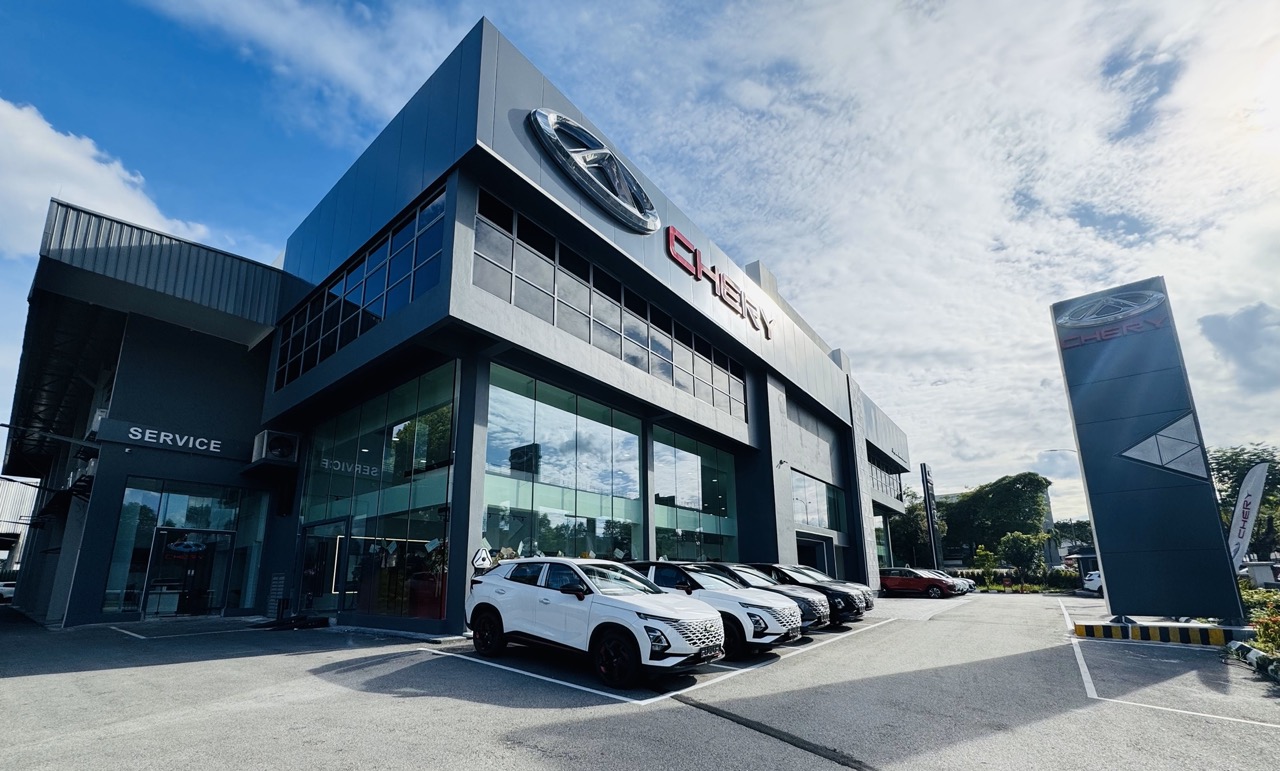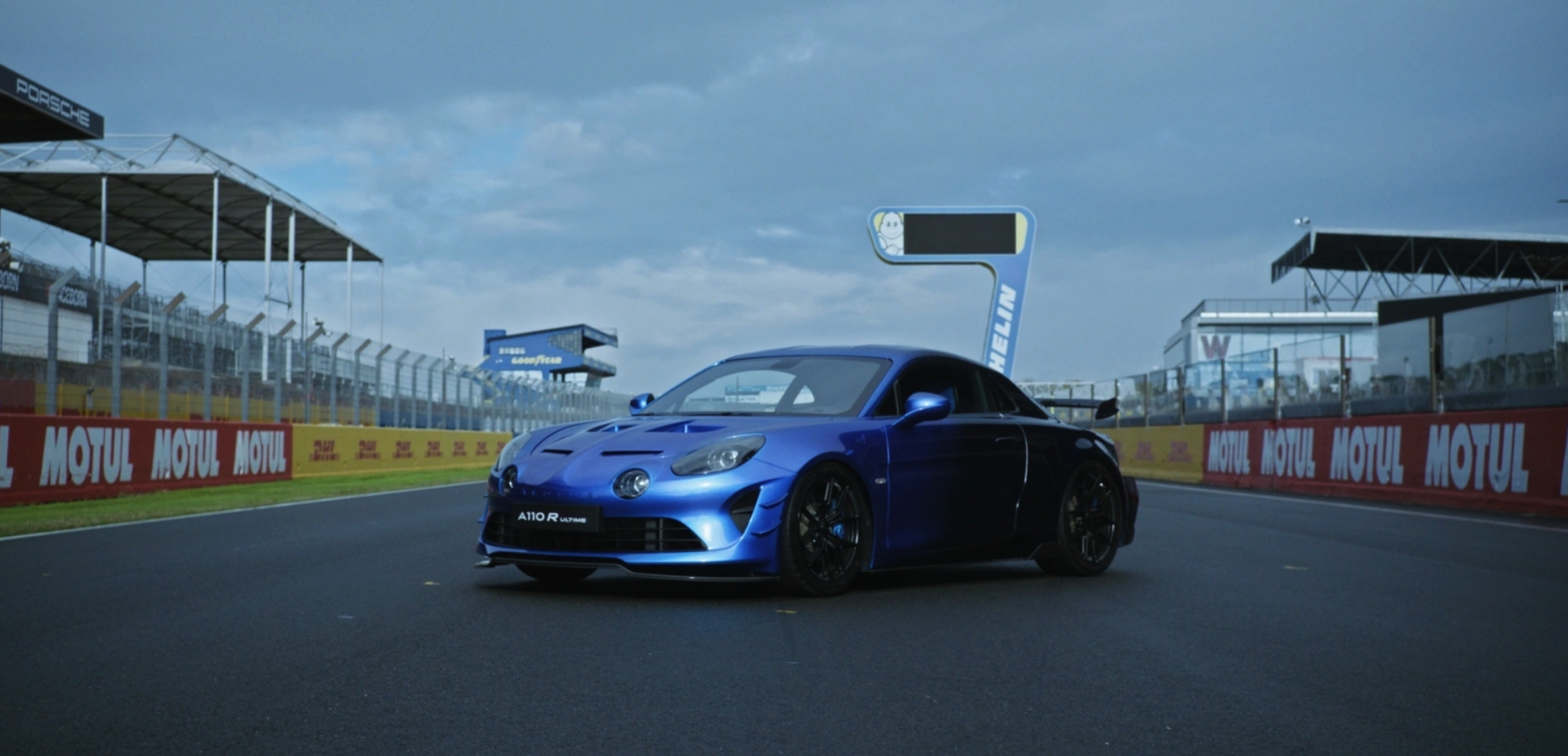The rise of electric vehicles (EVs) is transforming the automotive landscape, presenting both challenges and opportunities for traditional mechanics. As electric cars become increasingly prevalent, the need for automotive professionals to adapt to new technology has never been more urgent.
According to The Star, workshop chief mechanic Mohd Shazwan Ariffin, 37, openly admits that he is struggling with the shift from internal combustion engines to electric drivetrains. “I am stumped by these changes,” he says. “With EVs featuring electric motors instead of traditional engines, I find myself unable to offer much assistance to their owners.”
This sentiment is echoed by workshop owner Mohd Faizul Husain, 40, who has been running auto workshops for over 15 years. He predicts that the influx of electric vehicles will primarily impact independent car workshops in the coming decade. “If we do not adapt, the independent workshop industry could face significant challenges or even cease to exist,” he warns. Faizul emphasises the importance of upskilling and acquiring new knowledge about EV repairs to ensure the future viability of local workshops.
The urgency for adaptation is underscored by recent statistics from the Statistics Department, which reveal a dramatic increase in EV sales in Malaysia. In the first half of 2024 alone, 10,663 electric cars were sold, more than double the 4,409 sold during the same period in 2023. This surge in EV adoption signals a clear shift in the automotive market, pressing the need for mechanics to evolve alongside it.
Chan Kok Hoe, another workshop owner, has already taken steps towards this transformation. Chan has begun studying EVs in-depth, including purchasing one himself and exploring various models. His observations highlight the differences in servicing EVs compared to traditional vehicles. “Many EVs use electro-magnetic brakes and suspension systems, which means they don’t need brake pads or shock absorbers,” he explains. Chan also notes that EV service intervals can extend up to 20,000km, a significant increase compared to conventional vehicles.
Chan’s experience at EV service centres has revealed further distinctions, such as the use of specialised tools and protective gear by mechanics to handle high-voltage components. “They wear thick gloves and suits to protect against electric shocks,” he notes.
Despite these challenges, Chan is optimistic about the potential for independent workshops to remain relevant. He believes that while new EV owners may initially rely on authorised service centres to maintain their warranties, there will be opportunities for independent mechanics to offer services once the warranty period ends. To seize this opportunity, Chan urges his peers to begin their training and adaptation process now.
The rise of electric vehicles represents a pivotal moment for the automotive repair industry. As the market continues to evolve, traditional mechanics must embrace change and invest in upskilling to remain competitive. The path forward will require a concerted effort from both vocational institutions and industry professionals to ensure a smooth transition and continued excellence in automotive service.
For more information on adapting to EV technology and training opportunities, mechanics are encouraged to explore vocational training programs and industry workshops designed to equip them with the necessary skills for the electric vehicle era.




